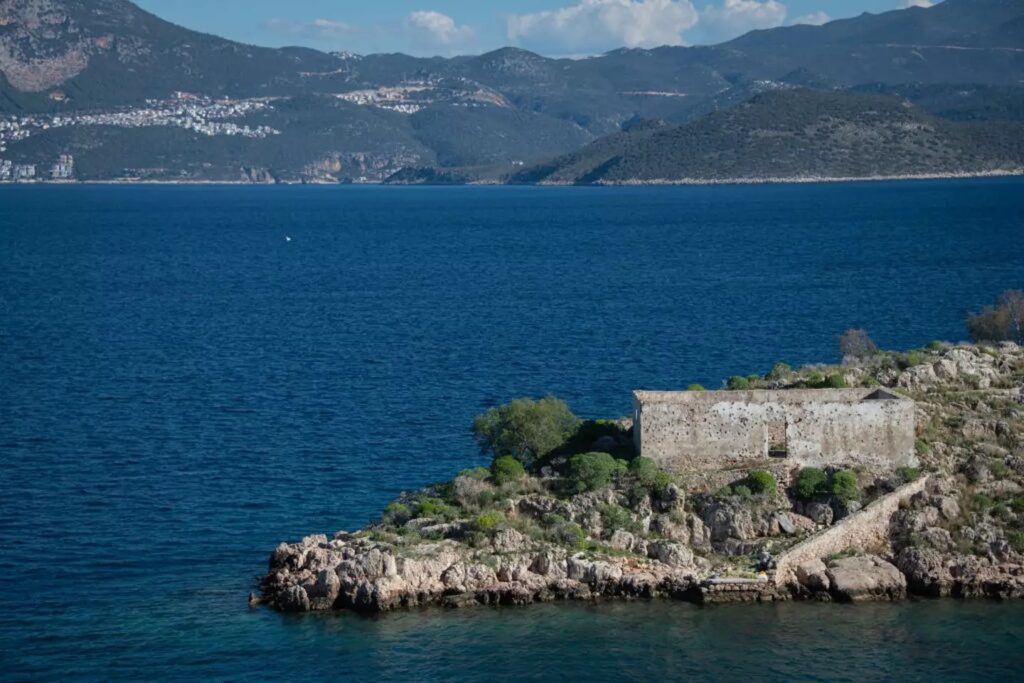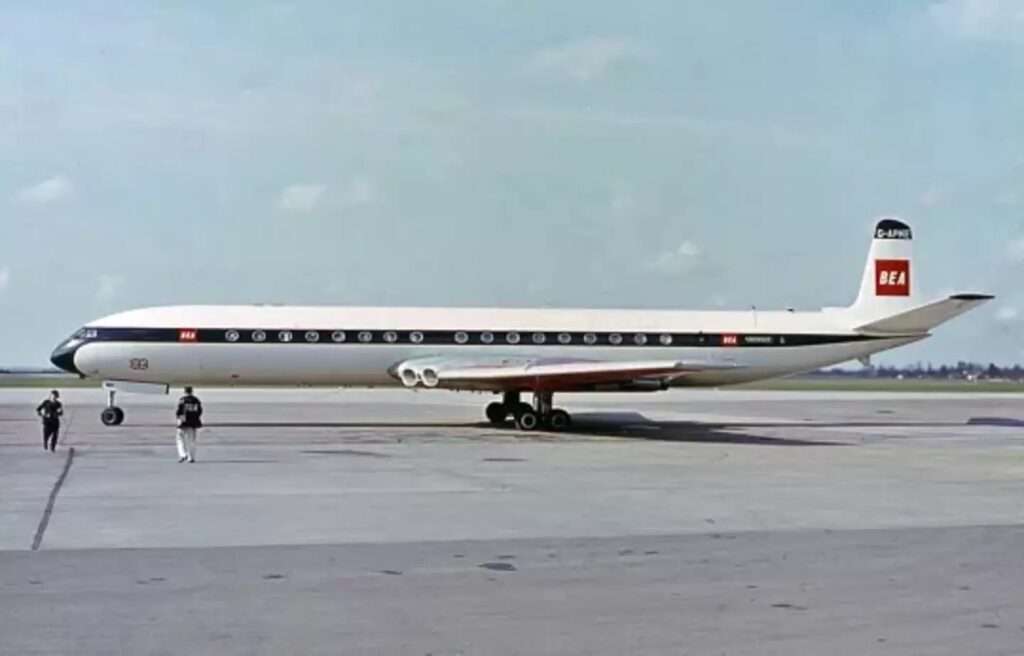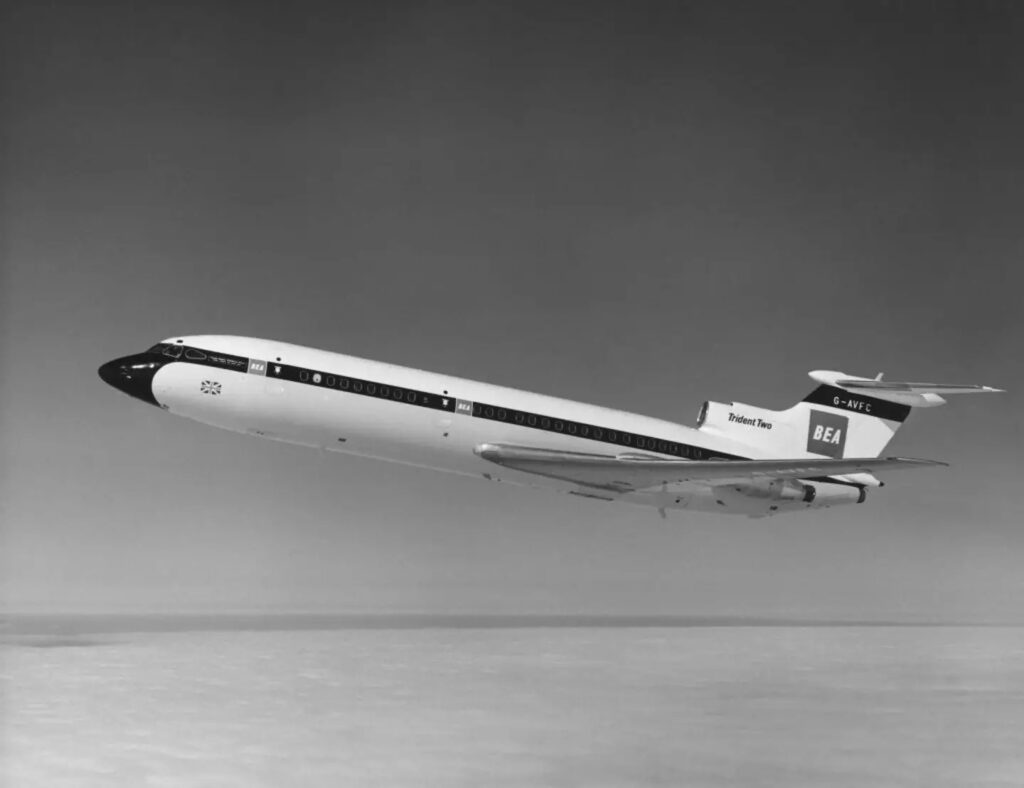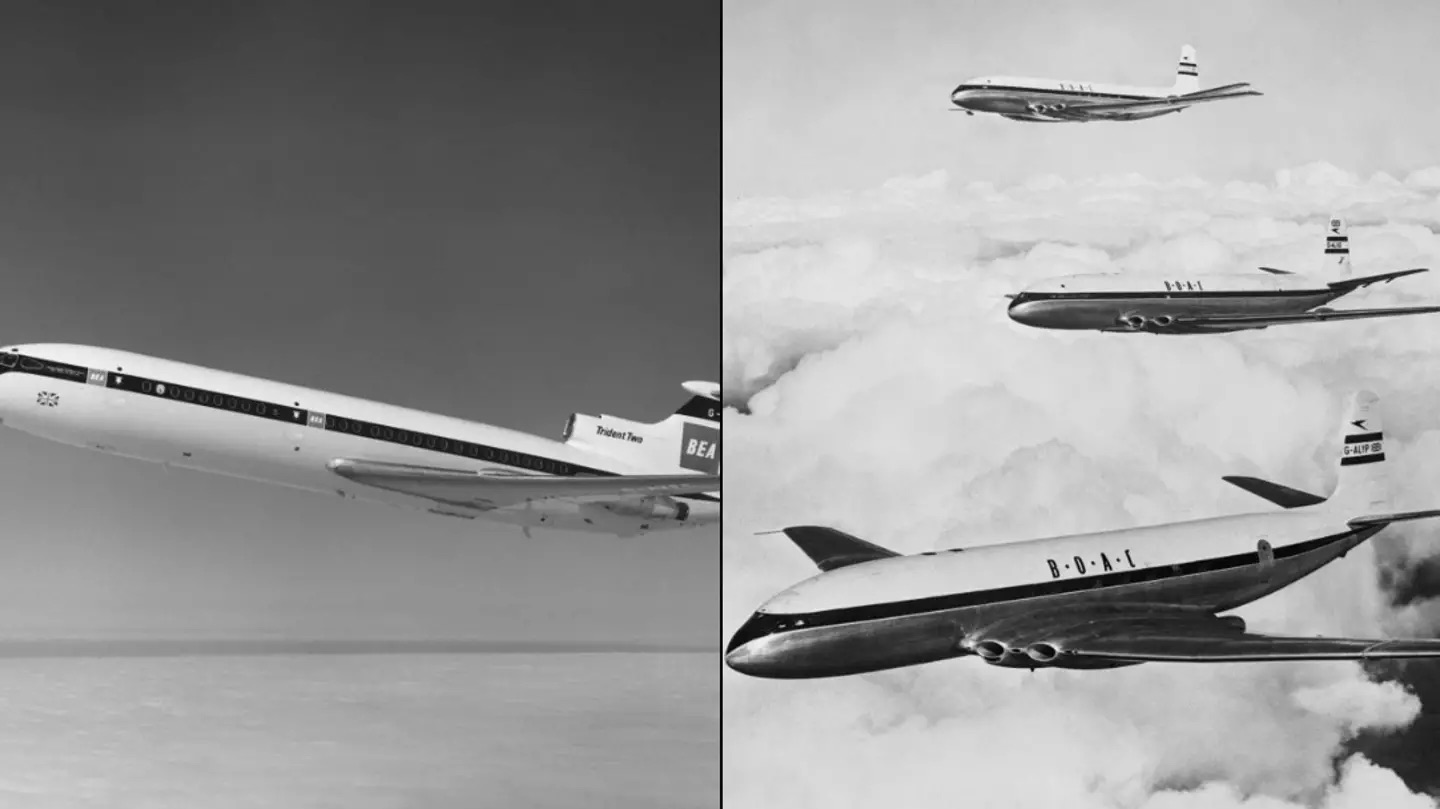Fifty-seven years ago, a plane carrying 66 passengers and crew exploded over the Mediterranean, k!lling everyone on board, and the cause of the incident remains unresolved. On October 12, 1967, British European Airways (BEA) Flight CY284 was en route from Nicosia, Cyprus, to Athens, Greece, operated on behalf of Cyprus Airways using a De Havilland DH.106 Comet 4B, the world’s first commercial jet airliner.
The aircraft, developed in the UK, maintained a regular flight path at 29,000 feet until communication was lost as it passed over the Mediterranean. The plane eventually crashed near the island of Kastellorizo, with all 66 people on board perishing.

Wreckage was found scattered across the sea, indicating a catastrophic mid-air event. Investigators suggested a b*mb explos!on as the most likely cause. At the time, Cyprus was in the midst of conflict between Greek and Turkish communities, and terror!sm was a significant concern. Some speculated the explosion might have been an assass!nation attempt targeting a Cypriot militia member. However, the official investigation reached no definitive conclusion, and related documents are sealed by the Home Office until 2067.

Simon Hepworth, whose father knew BEA captain Gordon Blackwood—one of the victims—continues to seek answers 57 years later. Hepworth, a retired police officer, shared with Metro how the tragedy deeply impacted his family. He recounted how his father had kept a set of pilot wings from Blackwood’s uniform, which Simon later returned to Blackwood’s daughter. He highlighted how the families’ lack of information over the years has prevented closure.
In 2021, a Met Police review revealed that the initial investigation had missed potential leads. A Met Police spokesperson told Metro: “The bombing of CY284 in 1967 claimed 66 lives, including 21 UK nationals. No one has been brought to justice, and many questions remain unanswered. The families have shown courage and persistence in seeking justice.

After a complaint from a surviving relative in 2021, the Met reviewed the original investigation. We hope the findings offer families additional clarity about the circumstances of the attack and the actions taken by the Met and other agencies at the time. We also aim to learn from the past to improve future investigations. Our priority remains obtaining answers for the families, and we recently attended a memorial to honor the victims alongside their loved ones.”
